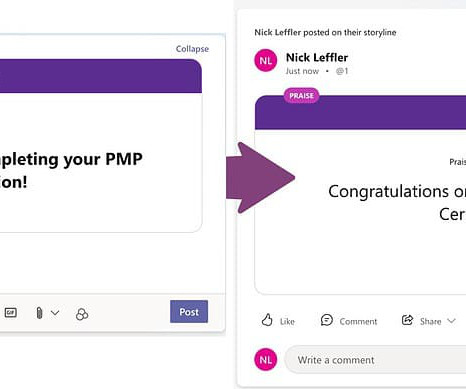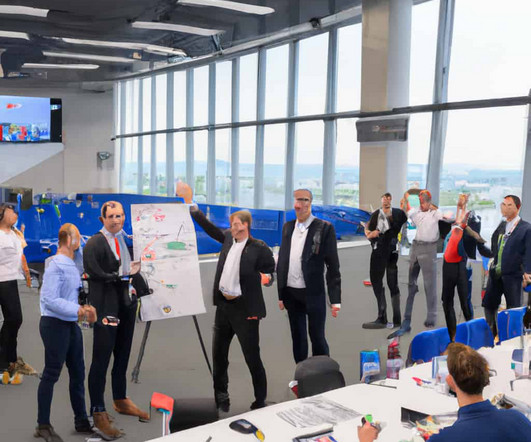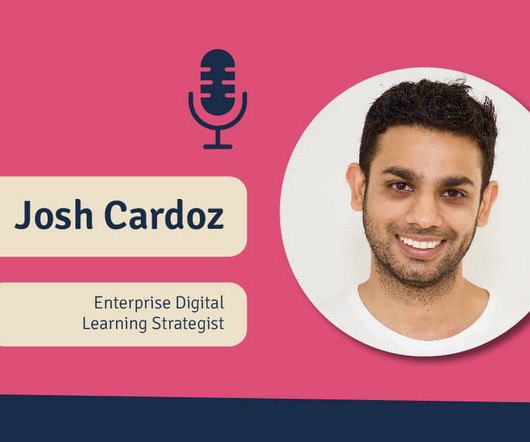The differences between social professional networks and communities of practice
Matrix
APRIL 11, 2019
The meaning of ‘community’ has changed drastically with the spread of the internet and the rise of all the social networks. No longer confined by geography, people who share the same interests can connect, share and grow as a community online. Organizational value of online communities. Social networks focus on relationship.















































Let's personalize your content